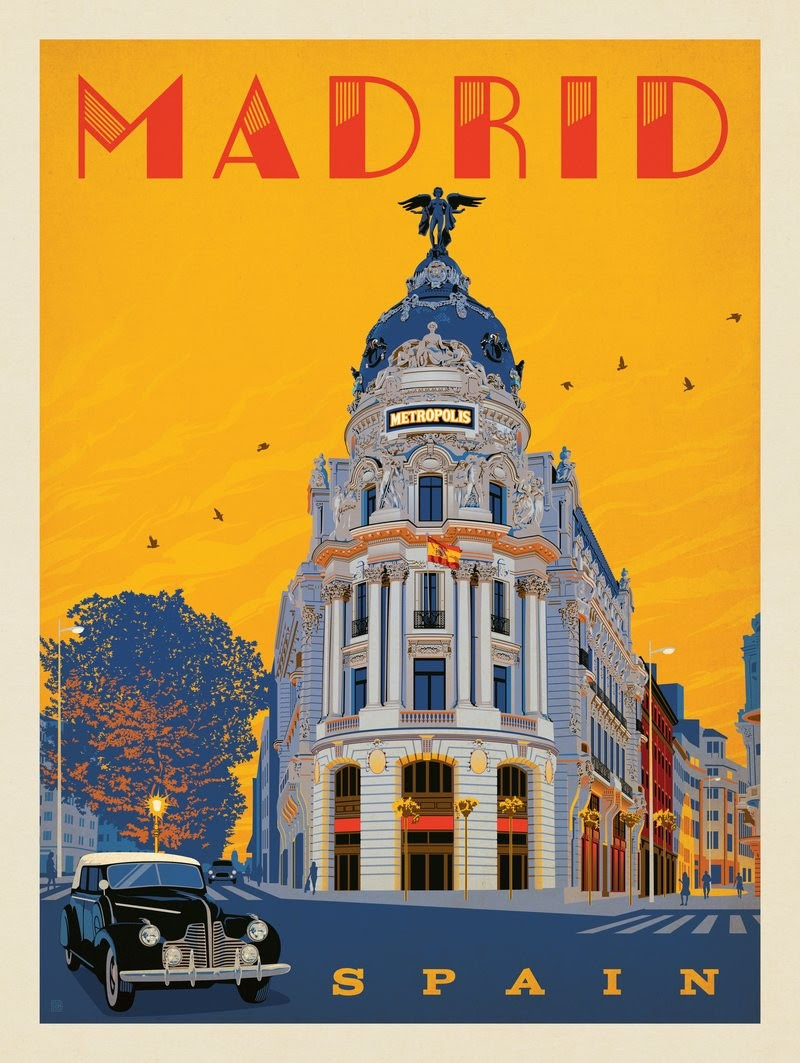Inspiring background story of the European Cultural Centre, La Dante in Cambridge: A creative language learning hub
By Giulia Portuese
Background of La Dante
It all started with the passion and dissemination of promoting my language and culture. I am Italian of Sicilian origins and with two sons Lorenzo and Luca born in Cambridge, my goal was to let them feel the richness of my Italian culture by giving them the gift of being bilingual. It wasn’t easy at all as in those days when they were just 5 and 2 years old (1997) there weren’t any good Italian schools in Cambridge. Just one with crowded classes of all levels with more than 30 children and one teacher paid by the government. There was a clear need for helping the Italian community and those families whose children were bilingual like mine.
After over 10 years spent at Cambridge University Press, the need for a cultural centre more than a school started to form in my mind and a strong need to make a difference in disseminating a great Italian culture and language in a country that has always had a fascination with Italian language
Think of Shakespeare, Lord Byron, Lady Morgan, Percy Shelley, John Keats, George Eliot, John Ruskin, E.M. Forster, D.H. Lawrence and W.B. Yeats to think of just a few. Think of the fascination of the Montalbano TV series that most people who study Italian know about.
The Eurovision context won by Maneskin is one of the newest groups that bring Italian at a European level.
I left CUP and with a project approved by the Dante Aligheri Society in Rome, I started La Dante in Cambridge, in September 2008 with just 6 students learning Italian. It was such fun and we joined forces with the then Director of the Alliance Française Francine Rouanet-Democrate in a dream that went beyond the dissemination of Italian (in my case) and French (in her case) but in building up and creating a European Cultural Centre based in Cambridge.
Well, I am very proud to say that, although we changed paths along the way and the AF passed on to other hands, I was able to create such a European Cultural Centre, La Dante in Cambridge which now offers language and culture in three languages: Italian, Spanish and English.
We got about 400 students per year, a nice achievement, and the knowledge that we help not just the community of Italian and Spanish but whoever is interested in these cultures. Our students are from age 5 to 90.
Yes that is right 90: we had a student who was 90 MaryAnn and came with her stick, borrowed books in Italian, attended her classes with our native speakers. That was a wonderful moment. She stayed with us for two years.
We help students who wish to learn for fun, for their exams (including my sons who did their GCSE and A-levels in Italian), business people improving their language proficiency and University entry exams. Some need languages just for travel.
This year in 2021, we were part of
East Anglia’s high-growth business programme
With this interview, Kieran Miles, Programme Director at Future50
Highlights the journey of La Dante from an Italian Cultural Centre In 2010 to a European Cultural Centre with more than 400 students. The difficulties through the Covid-19 pandemic, the resilience of a great team and the transformation to carry on making an impact in language learning. He also mentioned the prestigious honorary award OSI given by Sergio Mattarella, Itaian president of Italy for the dissemination of Italian language and culture in the UK since 2010.
https://www.youtube.com/watch?v=5-zY0EbJFcU&list=PLfSuGNtVNgzzbLzxWmKWlmH5HtFvnFvhE&index=30
Since 2011, I also started the Radio Dante programmes with original podcasts, also on social media FB, spotify, buzzsprout and mixcloud. We have had prestigious collaborations with the Fitzwilliam Museum for Italian Art series, the Department of Italian and Spanish at Cambridge University as well as journalists, interns that collaborated in disseminating programmes in Spanish, Italian and English over the years. Lately we have two themes which are being developed:
Radio Dante Viaggi for those who travel to Italy
Radio Dante Racconta for children stories in Italian
the same for Spanish
Radio Dante Viajes
Radio Dante Cuentos
Forthcoming there is our Ryze APP The Pocket Learning APP, for learning Italian and Spanish to begin with, later we will add English, with the following functions
- text
- videos
- podcasts
- games
- exercises
- articles
which aim at attracting a younger audience for language learning.
This will reinforce our Online school Platform which started in March 2020 due to the pandemic. We had to renew and with hard work, determination, after over 10 years of being a face-to-face school, we transformed and enriched what we offered to our students by switching online for adult courses. This was a difficult time for us at La Dante, huge transformation, but with the dedication and understanding of my team, teachers and most importantly our wonderful students, we were able to do just that, and I am pleased to say that the 400 students stayed with us, some were new and mostly were those that started their language journey along the way.
In 2021, I was also blessed with an OSI Honorary title for the Order of the Star of Italy from the President of the Italian Republic, Sergio Mattarella for the work done disseminating Italian language and culture in the UK.


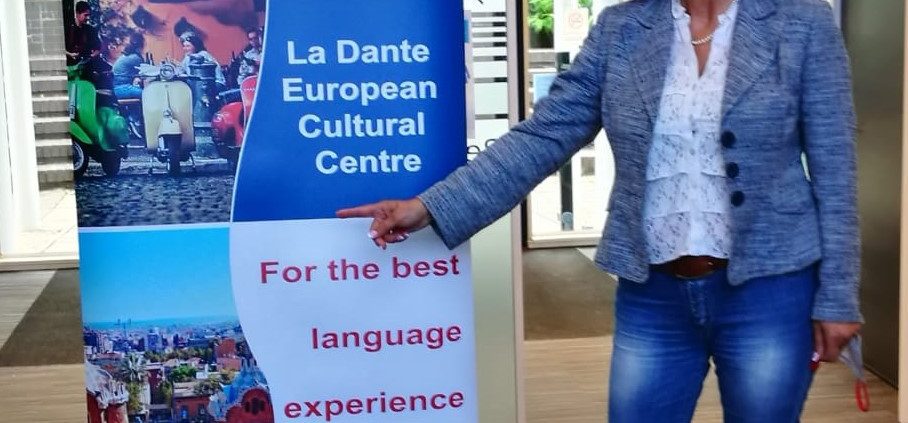
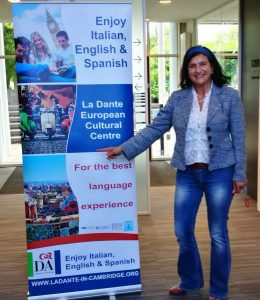

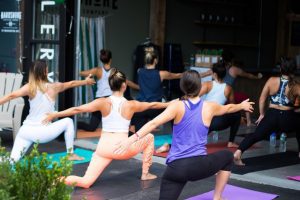

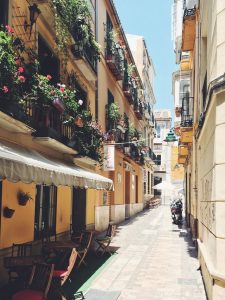
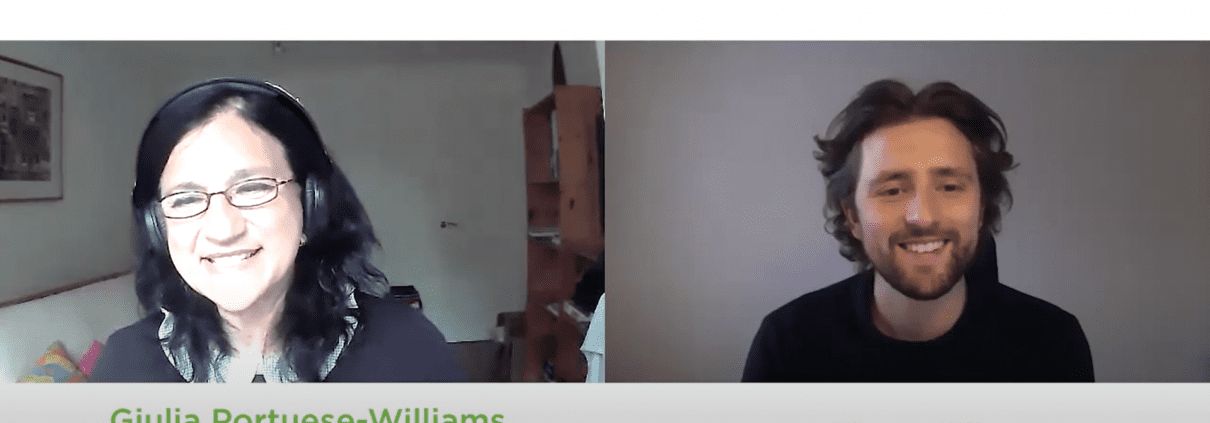
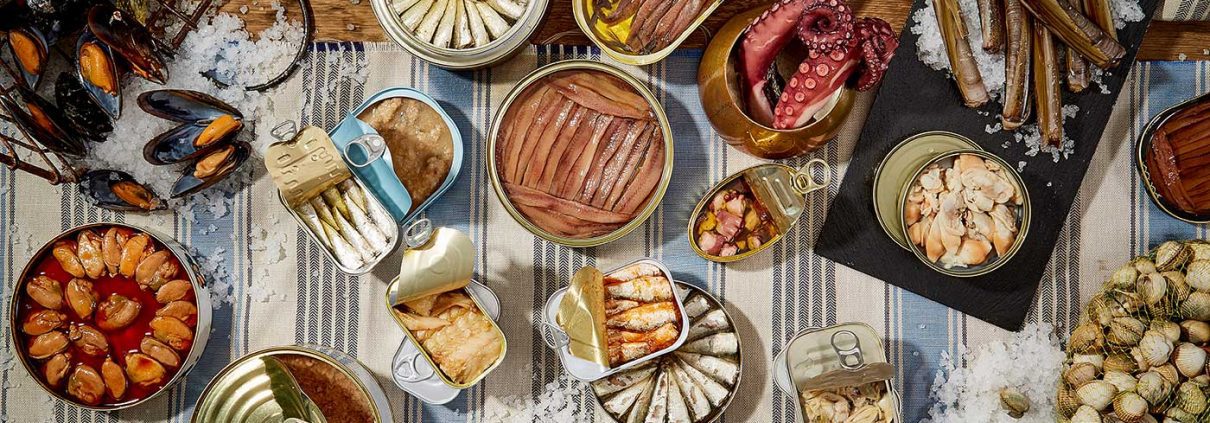




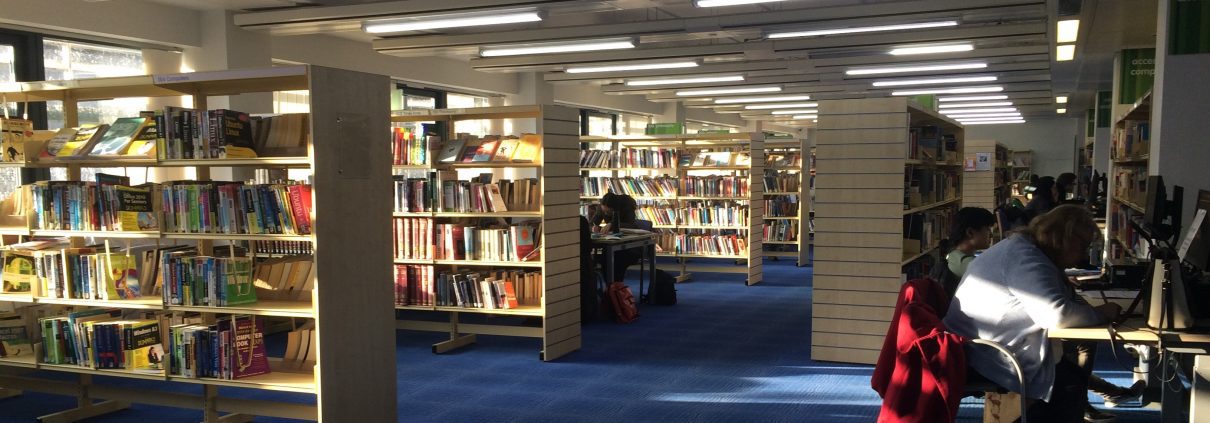
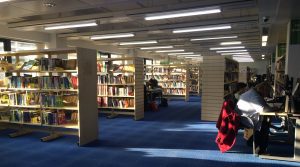



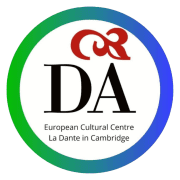



 MUSIC
MUSIC
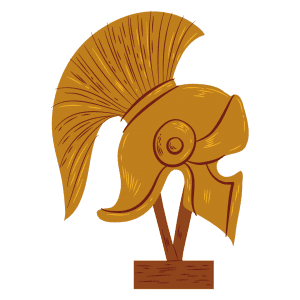 HISTORY
HISTORY



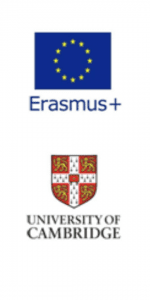




 are undeniable. People who speak more than one language have improved memory, problem-solving and critical-thinking skills, enhanced concentration, ability to multitask, and better listening skills. They switch between competing tasks and monitor changes in their environment more easily than monolinguals, as well as display signs of greater creativity and flexibility. If that weren’t enough, as we age, being bilingual or multilingual also helps to stave off mental aging and cognitive decline.
are undeniable. People who speak more than one language have improved memory, problem-solving and critical-thinking skills, enhanced concentration, ability to multitask, and better listening skills. They switch between competing tasks and monitor changes in their environment more easily than monolinguals, as well as display signs of greater creativity and flexibility. If that weren’t enough, as we age, being bilingual or multilingual also helps to stave off mental aging and cognitive decline.